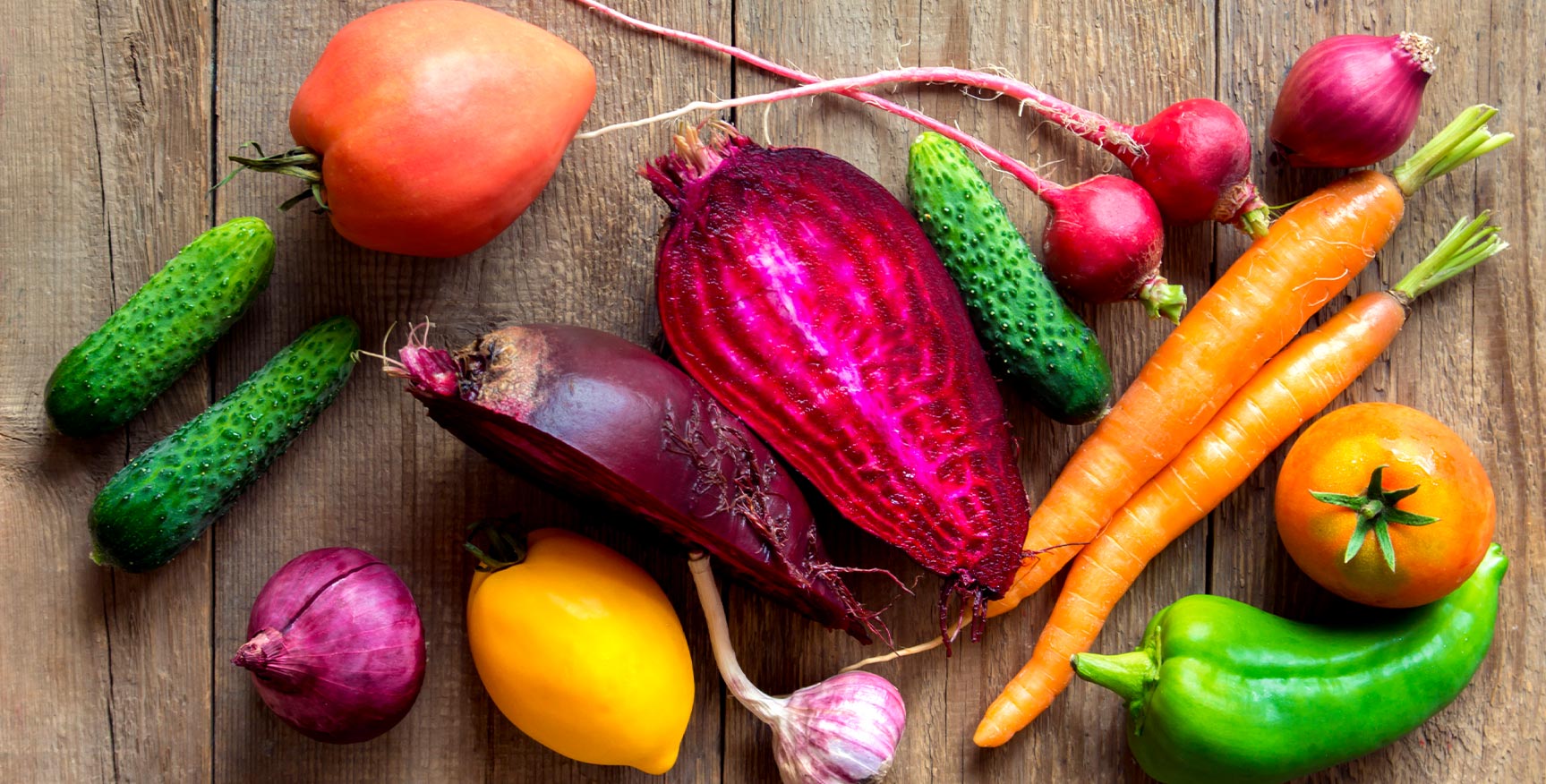Vegan Food Ranges

Vegan Food Ranges

Fruit and Vegetables containing the most Iron, Protein and Fibre
~ ~ ~ ~ ~ ~ ~ ~ ~ ~ ~ ~ ~ ~ ~ ~ ~ ~ ~ ~ ~ ~ ~ ~ ~ ~ ~ ~ ~ ~ ~ ~ ~ ~ ~ ~ ~ ~ ~ ~ ~ ~ ~
🍌 Why is Iron needed in our diet?
Iron is important because your body needs it to make the protein called haemoglobin. Without haemoglobin, your red blood cells can't carry oxygen from your lungs to the rest of your body.
🥑 Why is Protein needed in our diet?Protein is an important component of every cell in the body. ... Your body uses protein to build and repair tissues. You also use protein to make enzymes, hormones, and other body chemicals. Protein is an important building block of bones, muscles, cartilage, skin, and blood.
🥦 Why is Fibre needed in our diet?Dietary fibre is important for our digestive health and regular bowel movements. Fibre also helps you feel fuller for longer, can improve cholesterol and blood sugar levels and can assist in preventing some diseases such as diabetes, heart disease and bowel cancer.
~ ~ ~ ~ ~ ~ ~ ~ ~ ~ ~ ~ ~ ~ ~ ~ ~ ~ ~ ~ ~ ~ ~ ~ ~ ~ ~ ~ ~ ~ ~ ~ ~ ~ ~ ~ ~ ~ ~ ~ ~ ~
Vegetables containing the most Iron
Gram per gram, vegetables often have a higher iron content than foods typically associated with high iron, such as meat and eggs.
Though vegetables contain non-heme iron, which is less easily absorbed, they are also generally rich in vitamin C, which helps enhance iron absorption.
The following vegetables and vegetable-derived products offer the most iron per serving :
- Leafy Greens - such as Spinach, Kale, Swiss Chard, Collard and Beet Greens contain between 2.5–6.4 mg of iron per cooked cup, or 14–36% of the RDI (recommended dietary intake).
Other iron-rich veggies that fit in this category include:
- Broccoli, Cabbage and Brussels Sprouts.
- Certain varieties of mushrooms are particularly rich in iron. Oyster mushrooms may offer up to twice as much iron, whereas portobello and shiitake mushrooms contain very little.
- Palm Hearts - Palm hearts are a tropical vegetable rich in fibre, potassium, manganese, vitamin C and folate. A lesser-known fact about palm hearts is that they also contain a fair amount of iron — an impressive 4.6 mg per cup.
Fruits containing the most Iron
Foods rich in vitamin C such as oranges, tomatoes, berries, kiwi fruit and capsicum, can help you absorb more iron if you eat them at the same time as iron-rich foods.
~ ~ ~ ~ ~ ~ ~ ~ ~ ~ ~ ~ ~ ~ ~ ~ ~ ~ ~ ~ ~ ~ ~ ~ ~ ~ ~ ~ ~ ~ ~ ~ ~ ~ ~ ~ ~ ~ ~ ~ ~ ~
Vegetables containing the most Protein
- Vegetables with the most protein include broccoli, spinach, asparagus, artichokes, potatoes, sweet potatoes and Brussels sprouts
- Spinach is one of the most nutrient-dense leafy green vegetables you can eat
- Alfalfa sprouts
- Spinach
- Chinese cabbage or bok choy
- Asparagus
- Mustard greens
- Broccoli
- Collard greens
Fruits containing the most Protein
- Jackfruit
- Prunes
- Dried cherries
- Guava
- Apricots
- Golden raisins
~ ~ ~ ~ ~ ~ ~ ~ ~ ~ ~ ~ ~ ~ ~ ~ ~ ~ ~ ~ ~ ~ ~ ~ ~ ~ ~ ~ ~ ~ ~ ~ ~ ~ ~ ~ ~ ~ ~ ~ ~ ~
Vegetables containing the most Fibre
- Black Beans
- Lima Beans
- Artichokes
- Peas
- Broccoli
- Brussels Sprouts
- Raspberries
- Blackberries
Fruits containing the most Fibre
Apples, bananas, oranges, strawberries all have around 3 to 4 grams of fibre. (Eat the apple peels -- that's where the most fibre is!) Raspberries win the fibre race at 8 grams per cup. Exotic fruits are also good sources of fibre: A mango has 5 grams, a persimmon has 6, and 1 cup of guava has about 9.
SIGN UP HERE to our Veganuary newsletter to keep updated with the latest blog posts, tips and tricks shared throughout January for all things Vegan!

